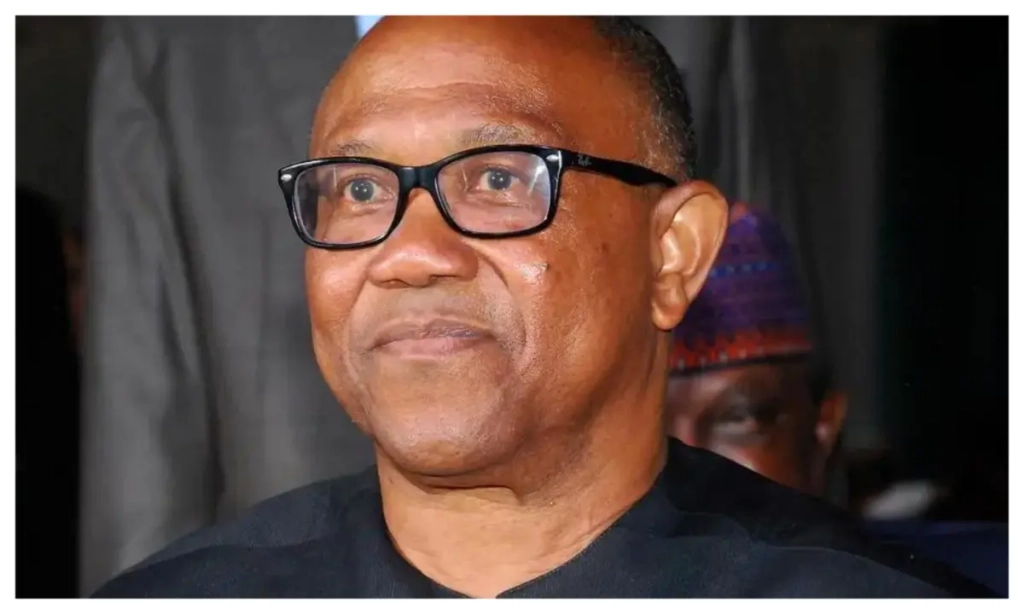A former national treasurer of Nigeria’s Labour Party has vehemently denied allegations that Peter Obi, the party’s 2023 presidential candidate and ex-governor of Anambra State, misappropriated party funds during his campaign. Oluchi Oparah, speaking in an interview on Channels Television’s The Morning Brief, dismissed the claims as baseless and asserted that Obi not only self-financed his presidential bid but also provided critical financial support to stabilize the party.
The allegations, raised earlier by Labour Party chieftain Abayomi Arabambi, alleged misuse of party resources by Obi during the election cycle. Oparah countered, stating that Obi relied entirely on personal funds for his campaign and even bolstered the party’s finances during a period of severe debt. “There was nothing of such. Mr. Obi never spent any money meant for the party,” she said, adding that the party had been “deeply in debt” and unable to pay staff salaries before his involvement. “He lifted the party from zero level to where it is today,” she emphasized.
Oparah clarified that Labour Party candidates, including Obi, maintained separate campaign accounts independent of the party’s official funds, a structure she described as standard practice. She stressed that Obi exceeded financial expectations by contributing personal resources to party initiatives, including programs he “solely financed.” “The Labour Party did not have a dime,” she said, underscoring the party’s reliance on Obi’s contributions.
Pushing back against critics, Oparah challenged accusers to provide evidence of payments allegedly made to the party. “Anyone claiming [wrongdoing] should come out to show us the particular account to which they paid whatever they say they paid,” she stated, noting Obi was the sole prominent figure to seek the party’s presidential ticket. She also contrasted his actions with norms in other parties, where candidates might draw from collective funds: “There was never a time he asked for a dime from the party.”
Beyond defending Obi’s financial conduct, Oparah criticized Nigeria’s ruling All Progressives Congress (APC) for what she called a “lack of accountability” and urged public scrutiny to focus on the government rather than Obi. She further highlighted his history of philanthropy, describing charitable acts as integral to his character long before his presidential run.
The remarks come amid heightened scrutiny of political financing in Nigeria, where election costs and transparency remain contentious issues. While Oparah’s defense aligns with earlier statements by Obi’s supporters, the Labour Party has faced internal divisions in recent months, with disputes over leadership and strategy emerging after the 2023 elections. The party’s reliance on Obi’s personal resources, as described by Oparah, underscores broader challenges for opposition groups in Nigeria’s resource-intensive political landscape.
